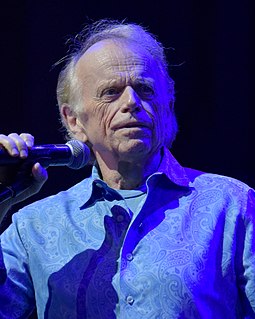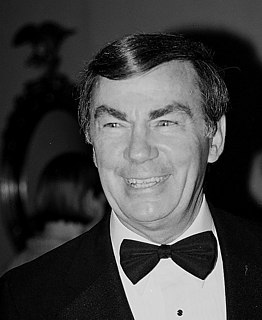A Quote by Joel Salatin
I didn't really see a way to make a living on the farm. I always loved writing. I was the guy who won the D.A.R. essay contest and things like that, and it was the era of Watergate, and I decided I would be the next Woodward and Bernstein, and then retire to the farm.
Related Quotes
The Cubs, we built one of best farm systems - I think for a while there, it was the best farm system in baseball. And that was great. It got a lot of attention. But we didn't want the credit for the farm system. What we wanted was to see if we could do the tricky part, which was turn a lauded farm system into a World Series champion.
A farm includes the passion of the farmer's heart, the interest of the farm's customers, the biological activity in the soil, the pleasantness of the air about the farm -- it's everything touching, emanating from, and supplying that piece of landscape. A farm is virtually a living organism. The tragedy of our time is that cultural philosophies and market realities are squeezing life's vitality out of most farms. And that is why the average farmer is now 60 years old. Serfdom just doesn't attract the best and brightest.
When I was four, we moved to a farm outside Springfield, Missouri. We had a radio show from that farmhouse. My dad always wanted a farm. We used to go out and milk the cows every morning and then do a radio show with a remote control from our living room. We'd start by singing 'Keep On The Sunny Side.'
Through that organization [Community Service Organization], I met Cesar Chavez. We had this common interest about farm workers. We ultimately left CSO to start the National Farm Workers Organization, which became the United Farm Workers. I was very blessed to have learned some of the skills of basic grassroots organizing from Mr. Ross and then be able to put that into practice in both CSO and the United Farm Workers.


































